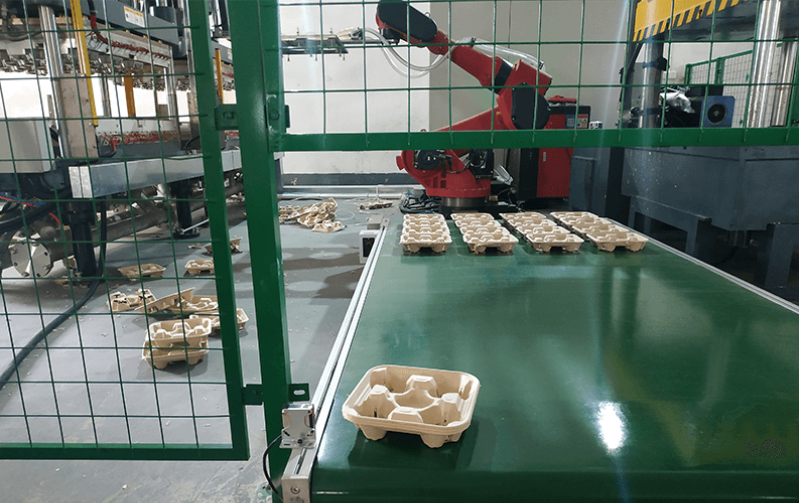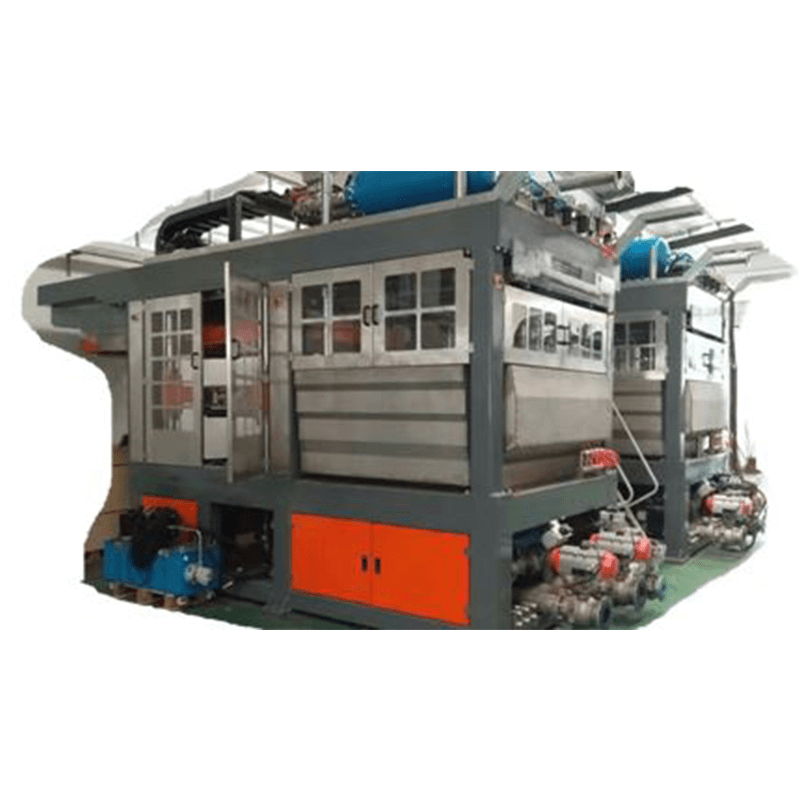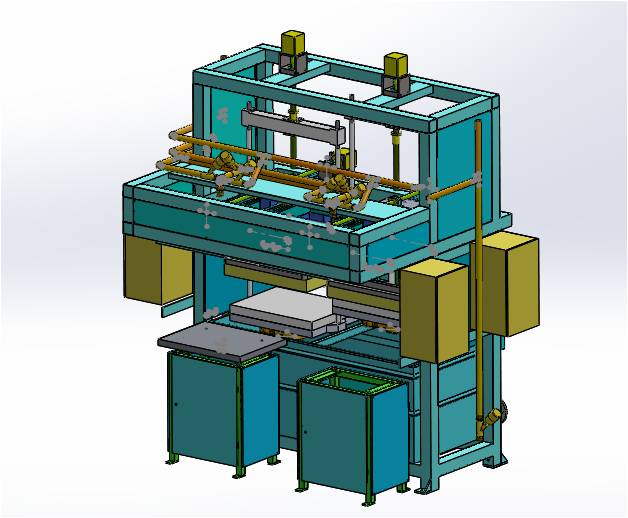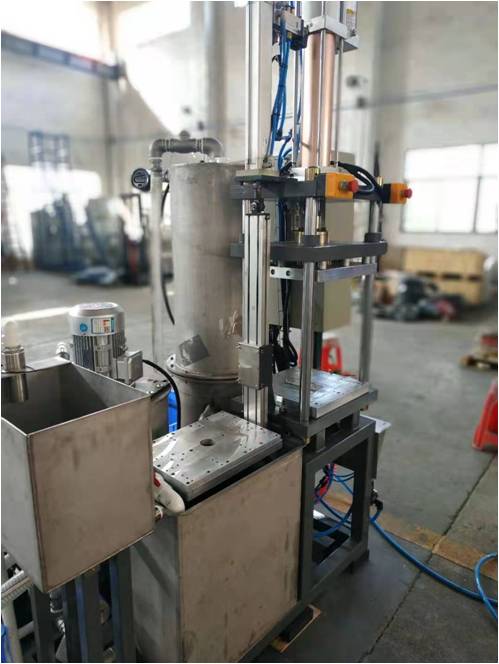Pulp mold tableware has gained popularity as a sustainable and eco-friendly alternative to traditional disposable tableware made from plastics and foam. The biodegradable products not only reduce the environmental impact but also offer a convenient and aesthetically pleasing solution for various occasions. In this article, we will explore the materials used in the production of pulp mold tableware and why they are an excellent choice for eco-conscious consumers.
The Pulp Mold Process
The production of pulp mold tableware involves several key steps:
Pulping: The chosen raw material is broken down into a pulp using water and chemicals. This pulp is then mixed to create a slurry.
Molding: The slurry is poured into molds designed for specific tableware items, such as plates, bowls, or trays. Excess water is drained from the molds, leaving behind the desired shape.
Drying: The molded products are subjected to high-temperature drying processes to remove any remaining moisture. This step ensures that the tableware becomes rigid and stable.
Finishing: Once dried, the tableware is trimmed, polished, and often coated with a food-grade, biodegradable material to improve its resistance to liquids and heat.
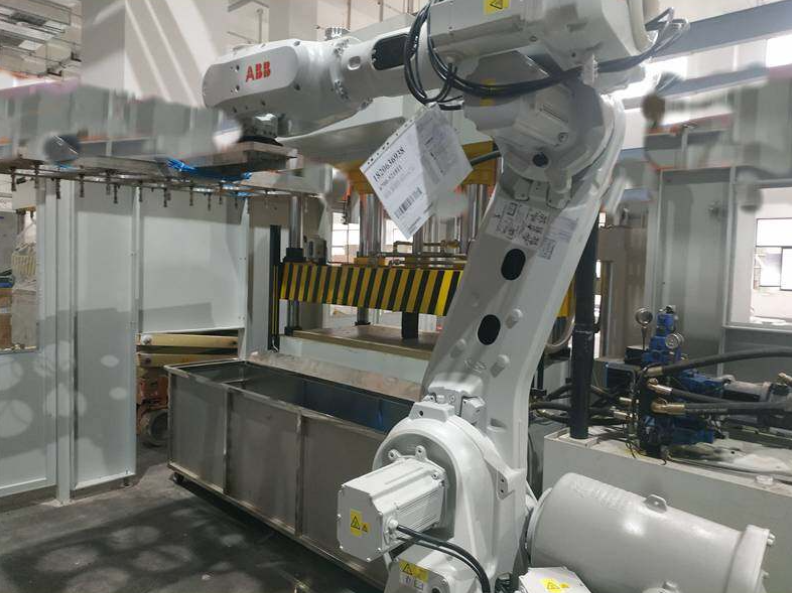
Pulp - The Primary Material
The primary material used in the production of pulp mold tableware is, as the name suggests, pulp. Pulp is typically derived from various sources, including wood, bamboo, bagasse (sugar cane waste), and recycled paper. Each source offers unique characteristics that influence the final product's properties, such as strength, texture, and color.
Wood Pulp: Wood pulp is a common choice and can be sourced from sustainably managed forests. It is known for its sturdiness and can be used to create durable pulp mold tableware suitable for various applications.
Bamboo Pulp: Bamboo is a rapidly renewable resource and offers a more sustainable alternative to wood pulp. Bamboo pulp tableware is lightweight, making it ideal for single-use items like disposable plates and utensils.
Bagasse Pulp: Bagasse is the fibrous residue left over from sugarcane processing. Using bagasse as the primary material for pulp mold tableware helps divert agricultural waste from landfills while creating sturdy and eco-friendly products.
Recycled Paper Pulp: Recycling paper to create pulp mold tableware not only conserves trees but also reduces the energy and water consumption associated with traditional papermaking. This option appeals to consumers looking for a circular economy solution.
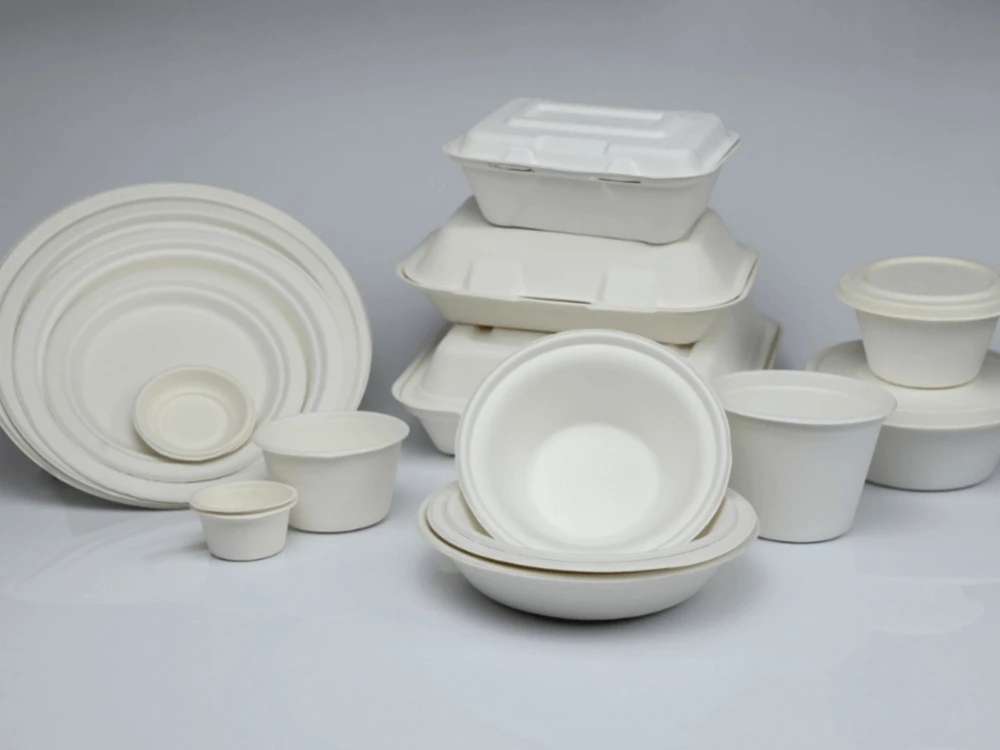
Advantages of Pulp Mold Tableware
Pulp mold tableware offers numerous advantages that make it an attractive choice for consumers and businesses alike:
Biodegradability: Pulp mold tableware breaks down naturally, making it an eco-friendly alternative to plastic and foam products that can linger in landfills for centuries.
Sustainability: Many pulp mold manufacturers use renewable and recycled materials, reducing the strain on natural resources.
Versatility: Pulp mold tableware is available in various shapes and sizes, making it suitable for a wide range of occasions, from casual picnics to formal events.
Aesthetics: These products often have a natural and rustic appearance that can enhance the presentation of food.
Compostable: Pulp mold tableware is compostable, meaning it can be disposed of in composting facilities, further reducing waste.
Conclusion
Pulp mold tableware is a sustainable and eco-friendly choice for those looking to reduce their environmental footprint. By utilizing materials like wood pulp, bamboo pulp, bagasse pulp, or recycled paper pulp, manufacturers create versatile and biodegradable products that cater to both functional and aesthetic needs. As consumers become more eco-conscious, the demand for such eco-friendly tableware is likely to continue rising, contributing to a greener and more sustainable future.







